UK's five richest families 'worth more than poorest 20%'
As inequality grows in the UK, Oxfam calls on George Osborne to mind the gap
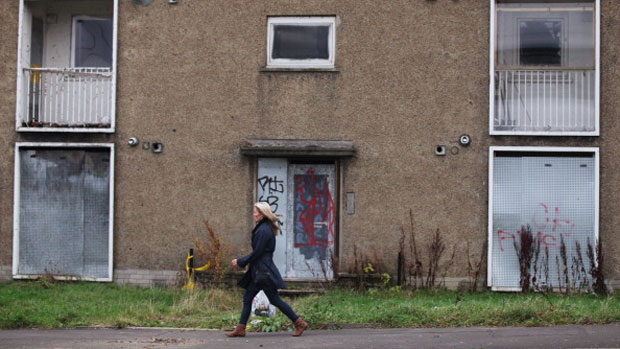
A free daily email with the biggest news stories of the day – and the best features from TheWeek.com
You are now subscribed
Your newsletter sign-up was successful
THE gap between rich and poor in the UK has grown significantly over the last two decades, according to a report from Oxfam, with the country's five richest families now worth more than a fifth of the population.
Britain's richest billionaires and their families now sit on wealth totalling £28.2bn, while the poorest 20 per cent of the country, some 12.6 million people, have a combined wealth of £28.1bn.
Ben Phillips, Oxfam's director of campaigns and policy, said: "Britain is becoming a deeply divided nation, with a wealthy elite who are seeing their incomes spiral up, while millions of families are struggling to make ends meet. It's deeply worrying that these extreme levels of wealth inequality exist in Britain today, where just a handful of people have more money than millions struggling to survive on the breadline."
The Week
Escape your echo chamber. Get the facts behind the news, plus analysis from multiple perspectives.

Sign up for The Week's Free Newsletters
From our morning news briefing to a weekly Good News Newsletter, get the best of The Week delivered directly to your inbox.
From our morning news briefing to a weekly Good News Newsletter, get the best of The Week delivered directly to your inbox.
The charity argued that the Chancellor, George Osborne, should use this week's budget to redress the imbalance "by clamping down on companies and individuals who avoid paying their fair share of tax and starting to explore greater taxation of extreme wealth".
A report published recently by The Equality Trust warns of the potential dangers of Britain's growing divide between rich and poor. Researchers concluded that "the social and economic impact of inequality costs the UK the equivalent of over £39bn every year".
The findings disproved the notion that there is a "trickle-down" effect and that inequality is in the nation's long-term interest, said the director of the Equality Trust, Duncan Exley: "It can no longer be argued that inequality is harmless, or worse, that it is desirable. The cost of dealing with its effects is astronomical".
No society is ever completely equal, notes Yasmin Alibhai-Brown in The Independent, but nations as a whole tend to profit by limiting the wealth divide. "Those with governments that strive through policies and principles for greater equality and fairness, are generally happier, more cohesive and have stronger national bonds".
A free daily email with the biggest news stories of the day – and the best features from TheWeek.com
An Oxfam report published earlier in the year concluded that levels of inequality are even more pronounced globally. Researchers found that the world's 85 richest billionaires have a combined wealth equal to half the world's population, or 3.5 billion people.
But some analysts said that in spite of the findings, inequality is actually diminishing.
In their annual letter, Bill and Melinda Gates noted that "by almost any measure, the world is better than it has ever been" and argued that by 2035, there will be almost no poor countries left in the world.
The Atlantic's senior editor Derek Thompson argues that "the chasm in investment wealth between rural Mozambique and Manhattan's financial district isn't necessarily the problem that the international development is or should be focused on". Rather, he says, international efforts should aim to spread financial skills, not just redistribute wealth.
Britain's five richest
Duke of Westminster (Wealth: £7.9bn)
Reuben brothers (£6.9bn)
Hinduja brothers (£6bn)
Cadogan family (£4bn)
Mike Ashley (£3.3bn)
-
 The ‘ravenous’ demand for Cornish minerals
The ‘ravenous’ demand for Cornish mineralsUnder the Radar Growing need for critical minerals to power tech has intensified ‘appetite’ for lithium, which could be a ‘huge boon’ for local economy
-
 Why are election experts taking Trump’s midterm threats seriously?
Why are election experts taking Trump’s midterm threats seriously?IN THE SPOTLIGHT As the president muses about polling place deployments and a centralized electoral system aimed at one-party control, lawmakers are taking this administration at its word
-
 ‘Restaurateurs have become millionaires’
‘Restaurateurs have become millionaires’Instant Opinion Opinion, comment and editorials of the day
-
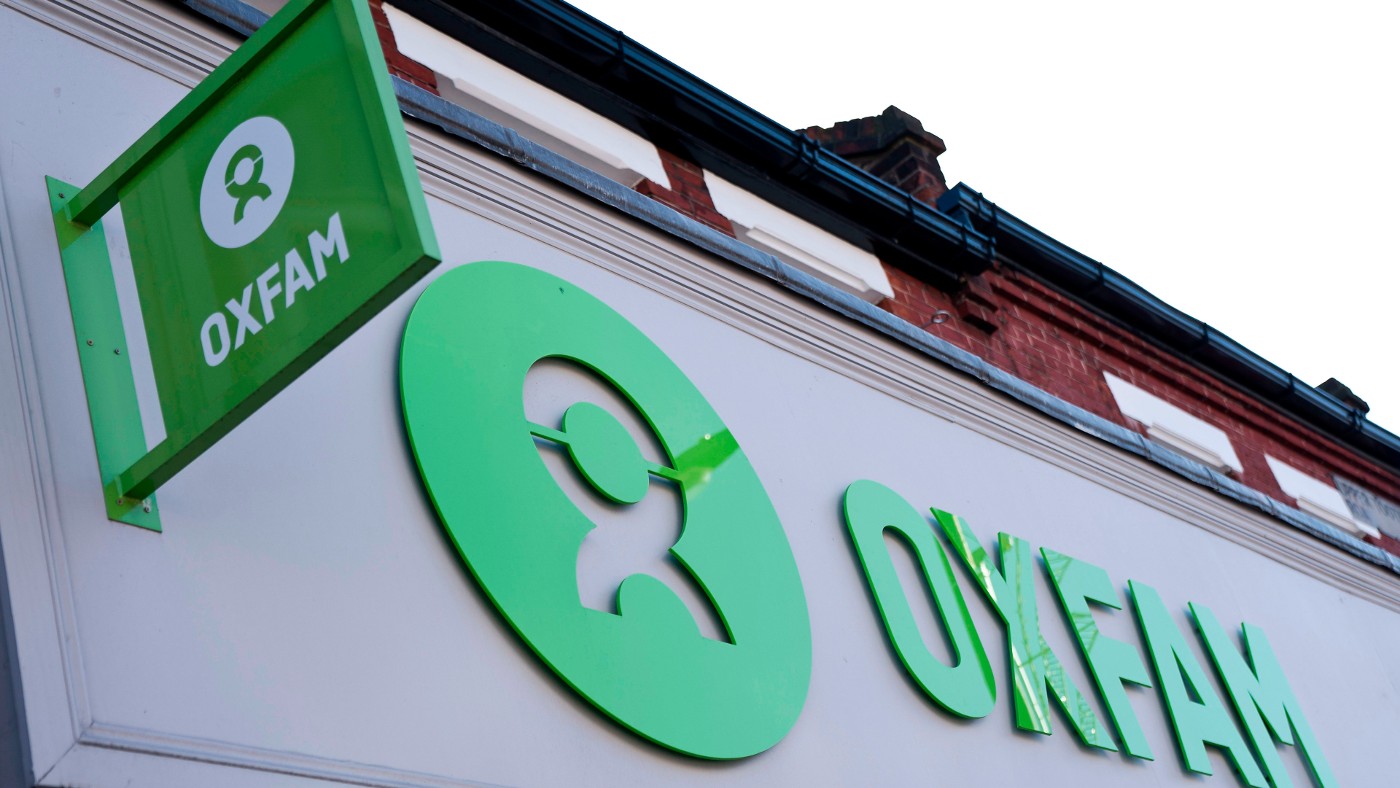 Charity shop painting sells for £25,000
Charity shop painting sells for £25,000Tall Tales And other stories from the stranger side of life
-
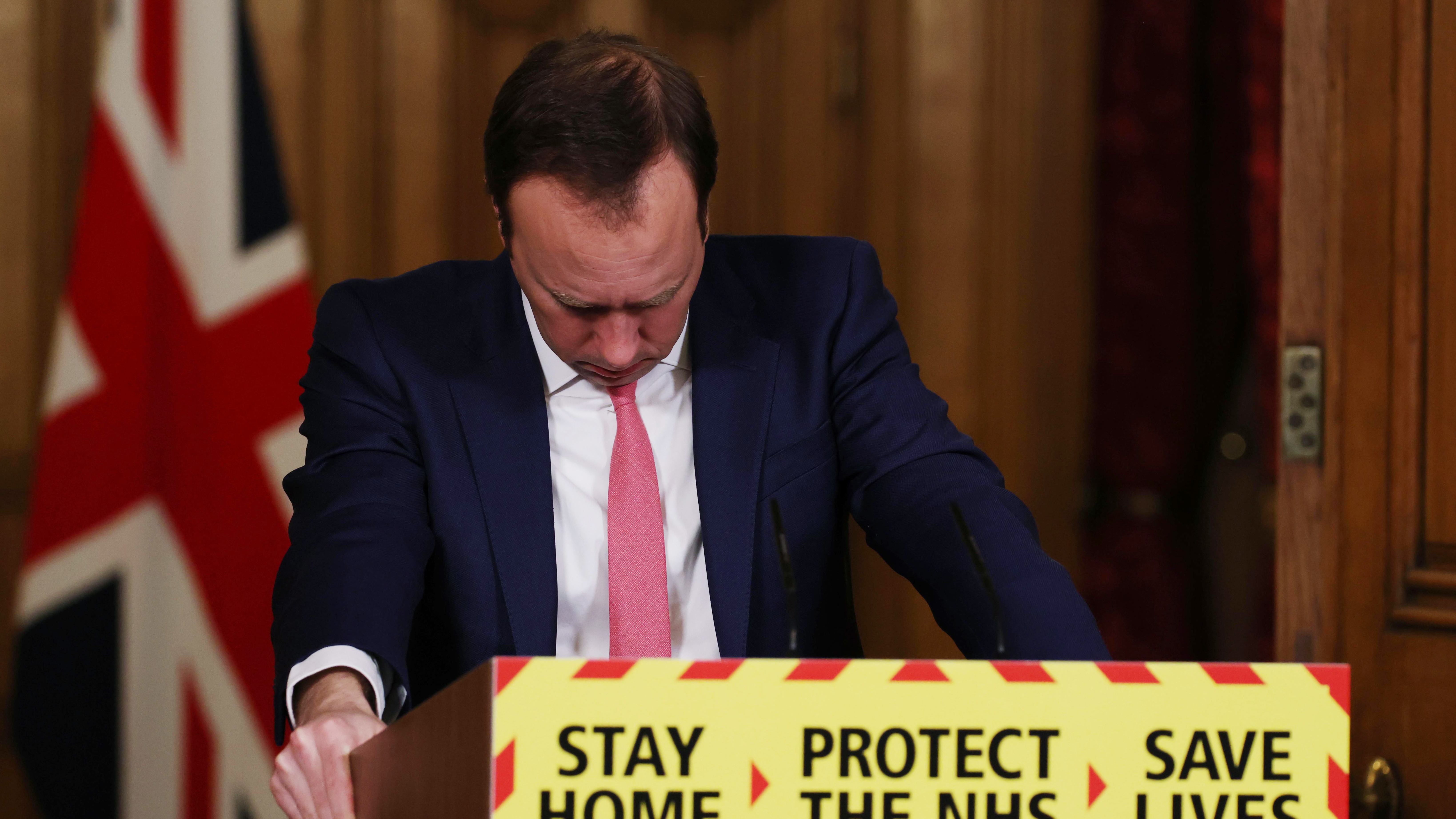 ‘It’s easy to lambast Matt Hancock without diving into his relationships’
‘It’s easy to lambast Matt Hancock without diving into his relationships’Instant Opinion Your digest of analysis and commentary from the British and international press
-
 How has Oxfam sex scandal affected the charity?
How has Oxfam sex scandal affected the charity?In Depth Jobs to be cut to make up for £16m shortfall following Haiti abuse
-
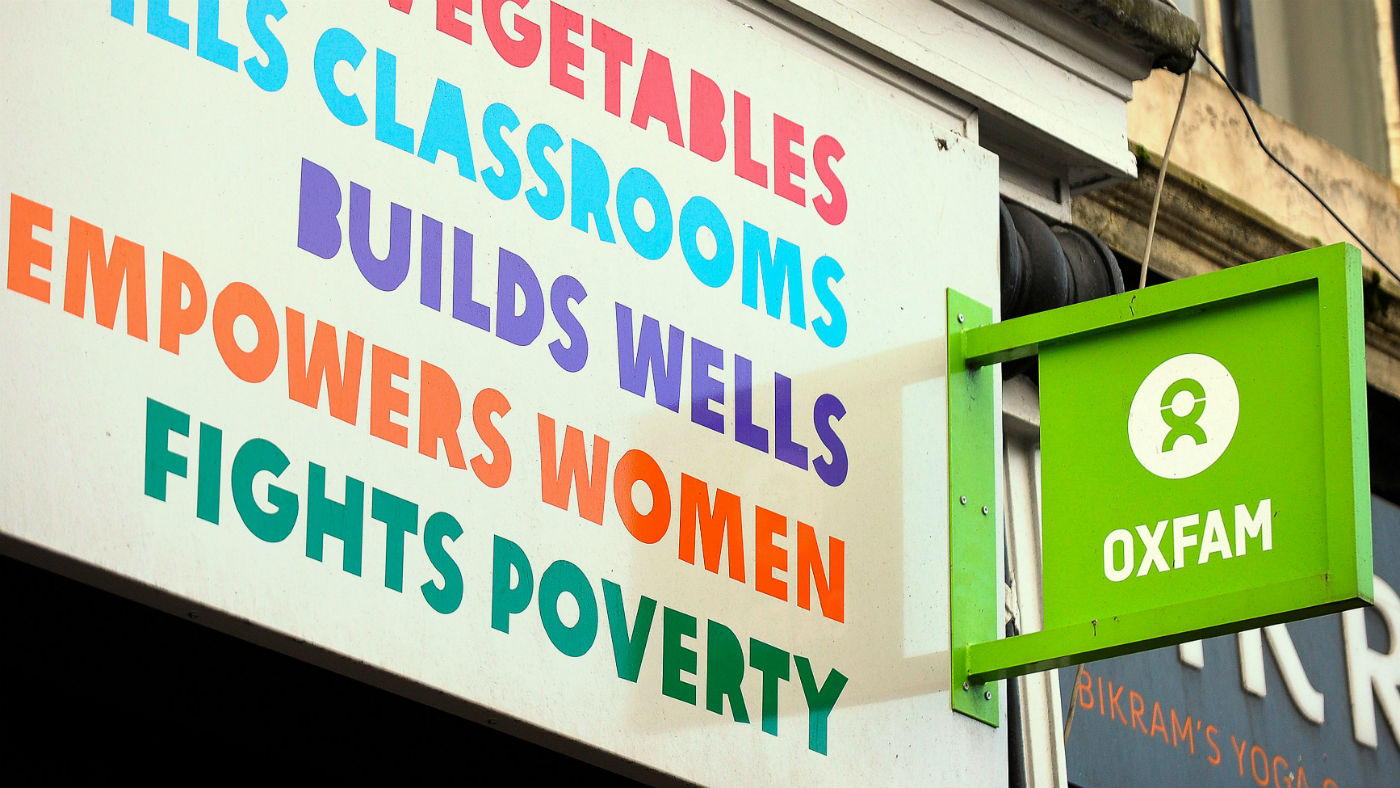 Donations fall as scandal-hit charities lose public trust
Donations fall as scandal-hit charities lose public trustSpeed Read Percentage of people giving money drops as number who believe sector is untrustworthy rises
-
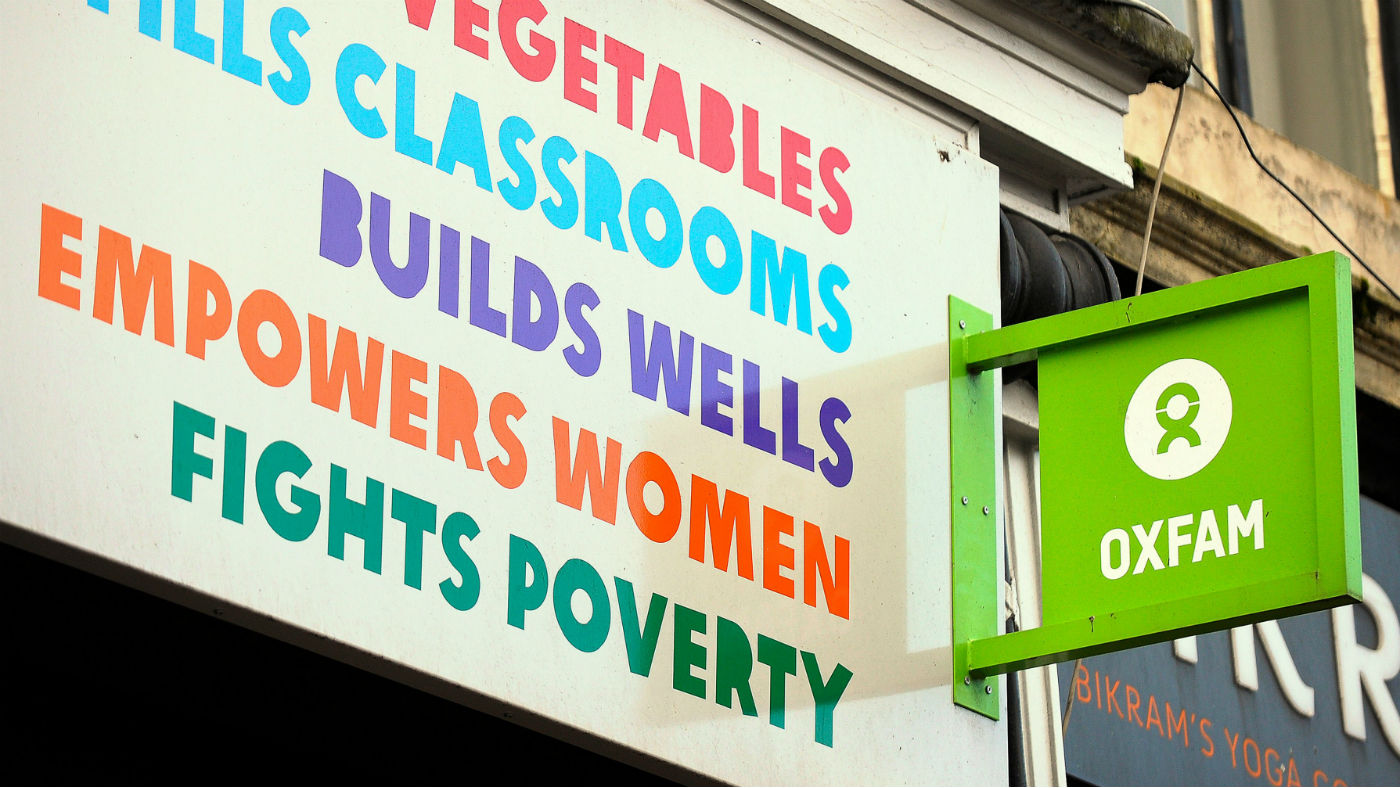 Reports of abuse at charities skyrockets
Reports of abuse at charities skyrocketsSpeed Read Minister warns ‘predatory individuals’ to move out of charities sector after sharp spike in abuse claims
-
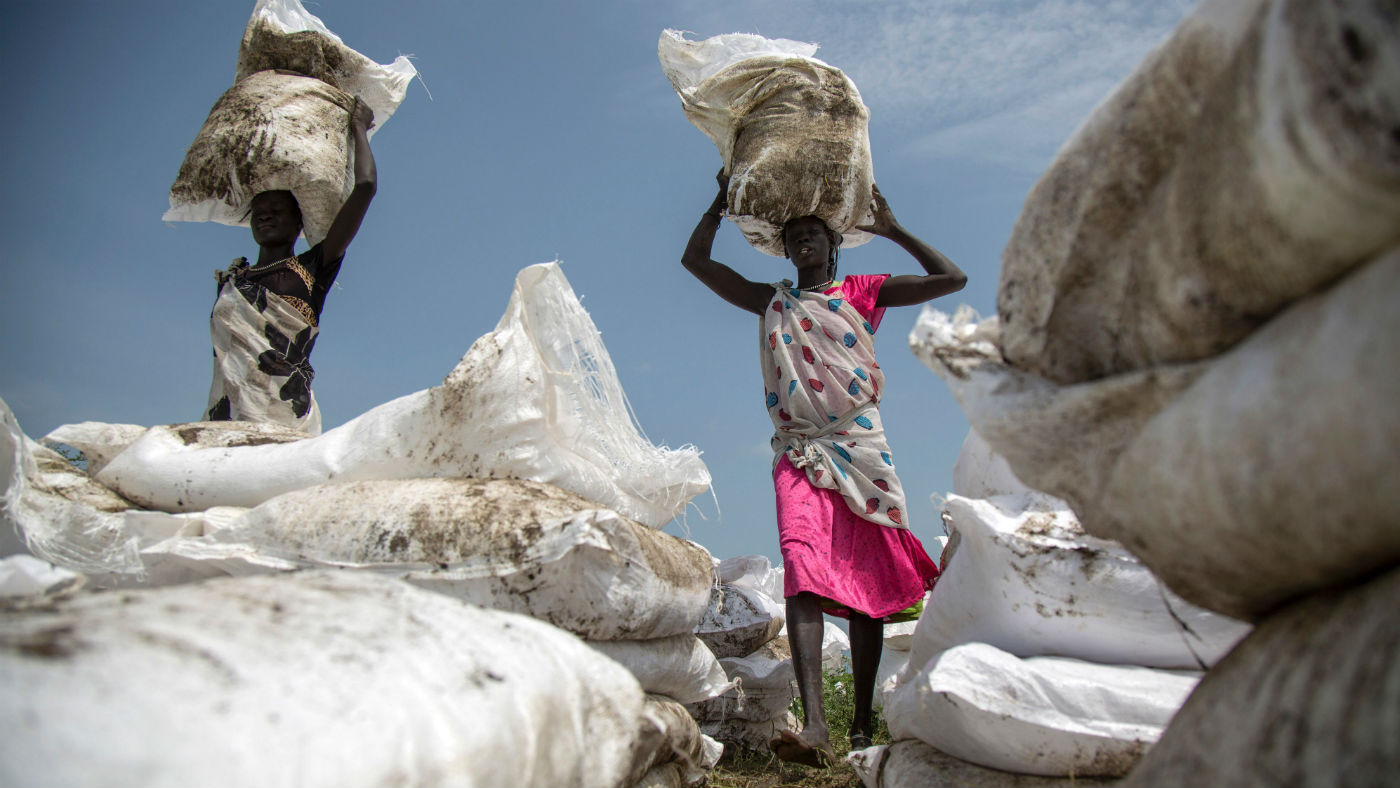 Oxfam scandal: what is the future for UK foreign aid?
Oxfam scandal: what is the future for UK foreign aid?In Depth In Depth: Theresa May has not cut the overseas relief budget - yet
-
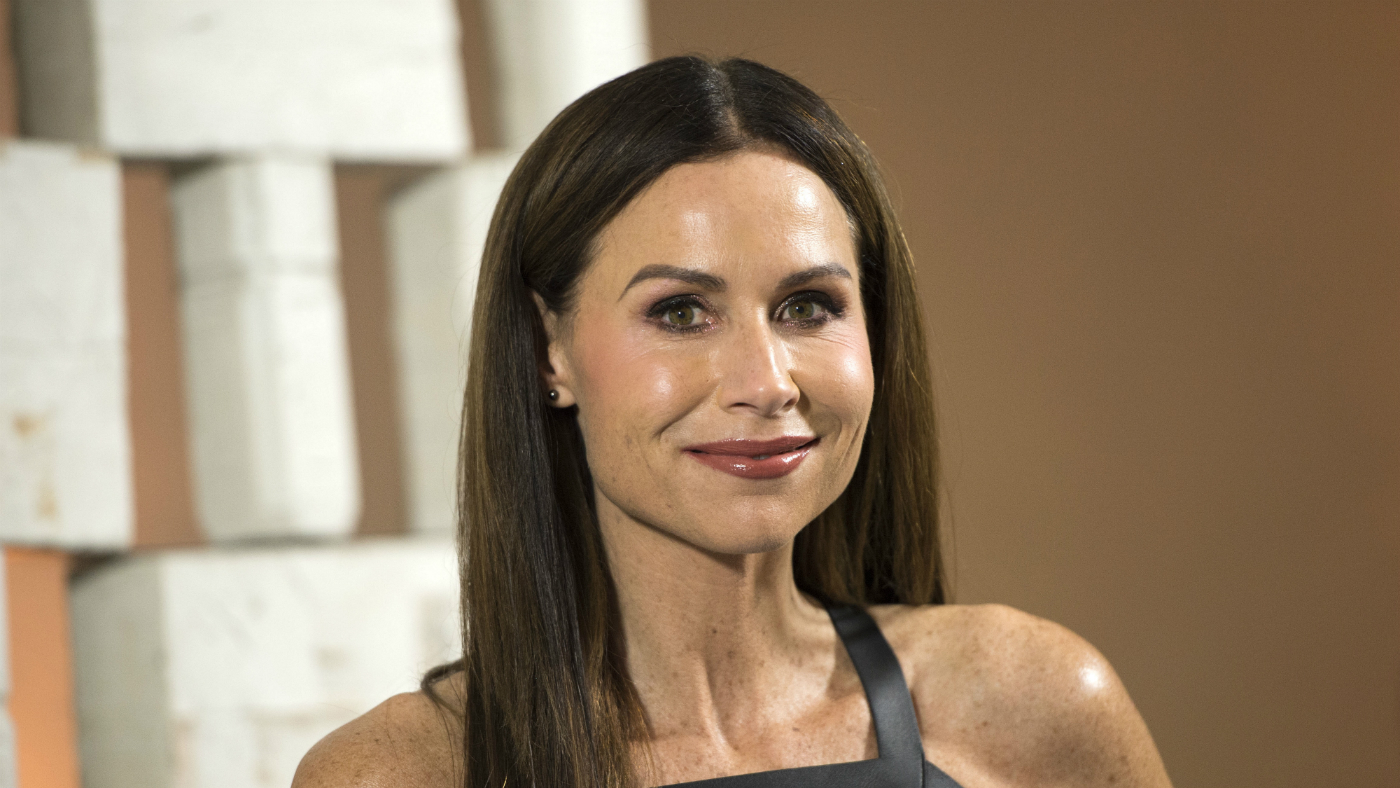 Minnie Driver cuts ties with Oxfam over sex scandal
Minnie Driver cuts ties with Oxfam over sex scandalSpeed Read Hollywood actress says she’s ‘nothing short of horrified’ by the allegations, as major firms review their donations to the charity
-
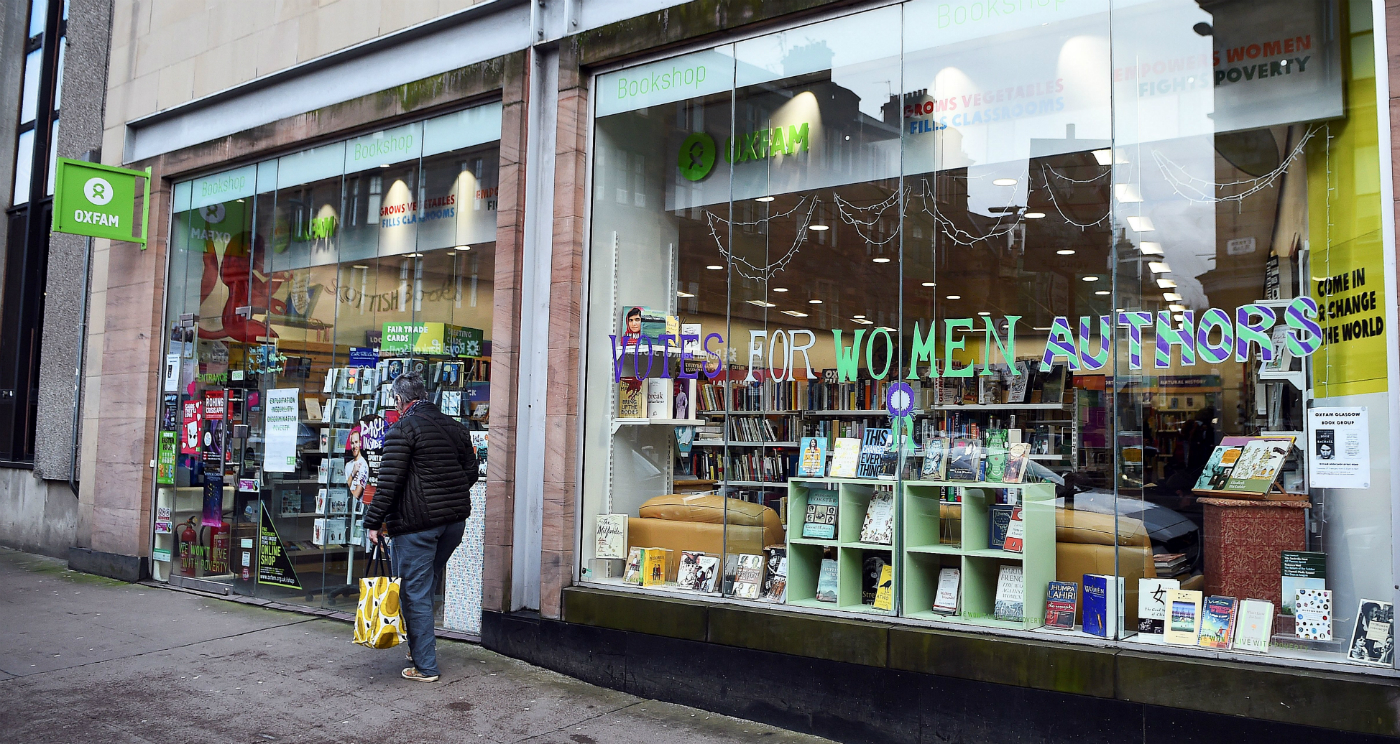 Oxfam sex abuse scandal widens to charity’s UK shops
Oxfam sex abuse scandal widens to charity’s UK shopsSpeed Read Whistle-blower says bosses failed to vet adult volunteers working alongside teenagers